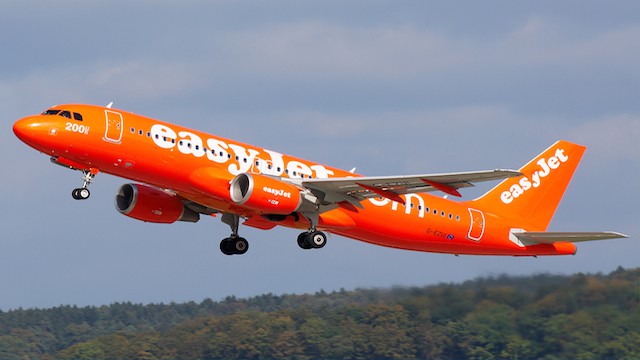Back in June, shares in mid-cap upholstery retailer DFS (LSE: DFS) suffered their worst day since listing. Over 20% was wiped from the company’s valuation after it issued a profit warning, blaming a weakening trading environment.
The stock may have recovered a little since then but it’s still nowhere near the 350p mark it achieved last November. Indeed, based on today’s final results (and the market’s reaction to them), I suspect the situation’s only going to get worse for the Doncaster-based business.
Challenging conditions
In the year to 29 July, DFS saw gross sales rise 1.1% to just under £991m. Thanks to “very challenging” market conditions in H2 and the weakness of Sterling, revenue climbed just 0.9% to £762.7m with pre-tax profit tumbling 22.3% to £50.1m. Worryingly, free cash flow also fell almost 25% to £57m, raising questions as to whether the special dividend of 9.5p paid earlier in the year (in addition to the total ordinary dividend of 11.2p) was entirely appropriate.
Should you invest £1,000 in Keller Group Plc right now?
When investing expert Mark Rogers has a stock tip, it can pay to listen. After all, the flagship Motley Fool Share Advisor newsletter he has run for nearly a decade has provided thousands of paying members with top stock recommendations from the UK and US markets. And right now, Mark thinks there are 6 standout stocks that investors should consider buying. Want to see if Keller Group Plc made the list?
It wasn’t all doom and gloom. As well as the recent proposed acquisition of Sofology and a licencing partnership with Joules, the company reflected on progress made in expanding its UK store network with three new 10,000-15,000 sq ft stores opened over the reporting period. Trading in the Netherlands remained “in line with expectations” and the company opened its second store in Spain.
Nevertheless, while I don’t doubt the belief of management that DFS has “excellent prospects for the long term,” I struggle to see why investors would want to stick around for a reversal in the company’s fortunes, even if — trading on 11 times earnings — its shares might look a bargain buy in terms of valuation. The big-ticket nature of the products the company sells and the fact that consumers are likely to refrain from splashing out if inflation continues to rise both lead me to believe that there are far better opportunities elsewhere on the market.
Speaking of which…
While hardly immune to the tightening of purse strings, I think easyJet (LSE: EZY) could be a far better purchase for investors who suspect that the prevailing political and economic uncertainty won’t be enough to stop people from wanting to travel abroad.
As well as it being far more more likely that people will take a flight than purchase a replacement sofa, recent fiascos surrounding industry peers Ryanair and Monarch should do the company no harm at all. True, the former will be soon forgotten both by the market and passengers (just like the IT system failure at British Airways had no lasting impact on IAG‘s shares) but the latter could be beneficial in terms of reducing competition and increasing capacity.
Even if the £5bn cap, Luton-based airline will be saying ‘bon voyage’ to its highly regarded CEO Carolyn McCall in a few months time and a forecast 23.5% drop in earnings per share is predicted for the current financial year, things look set to turn around in 2018/19.
At 16 times forecast 2017 earnings, easyJet isn’t the cheapest airline stock to buy, but a price-to-earnings growth (PEG) ratio of just 0.9 suggests investors would still be getting a good deal for their money. While dividends are expected to be 26% less this year than they were back in 2015, a 3.1% yield is still adequate compensation for any concerns arising from Brexit.








